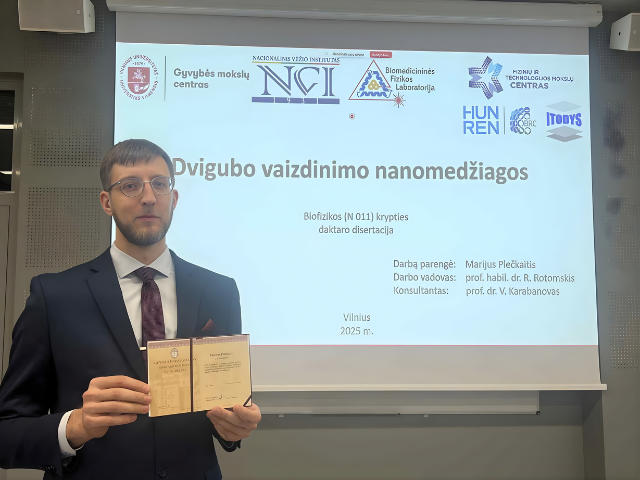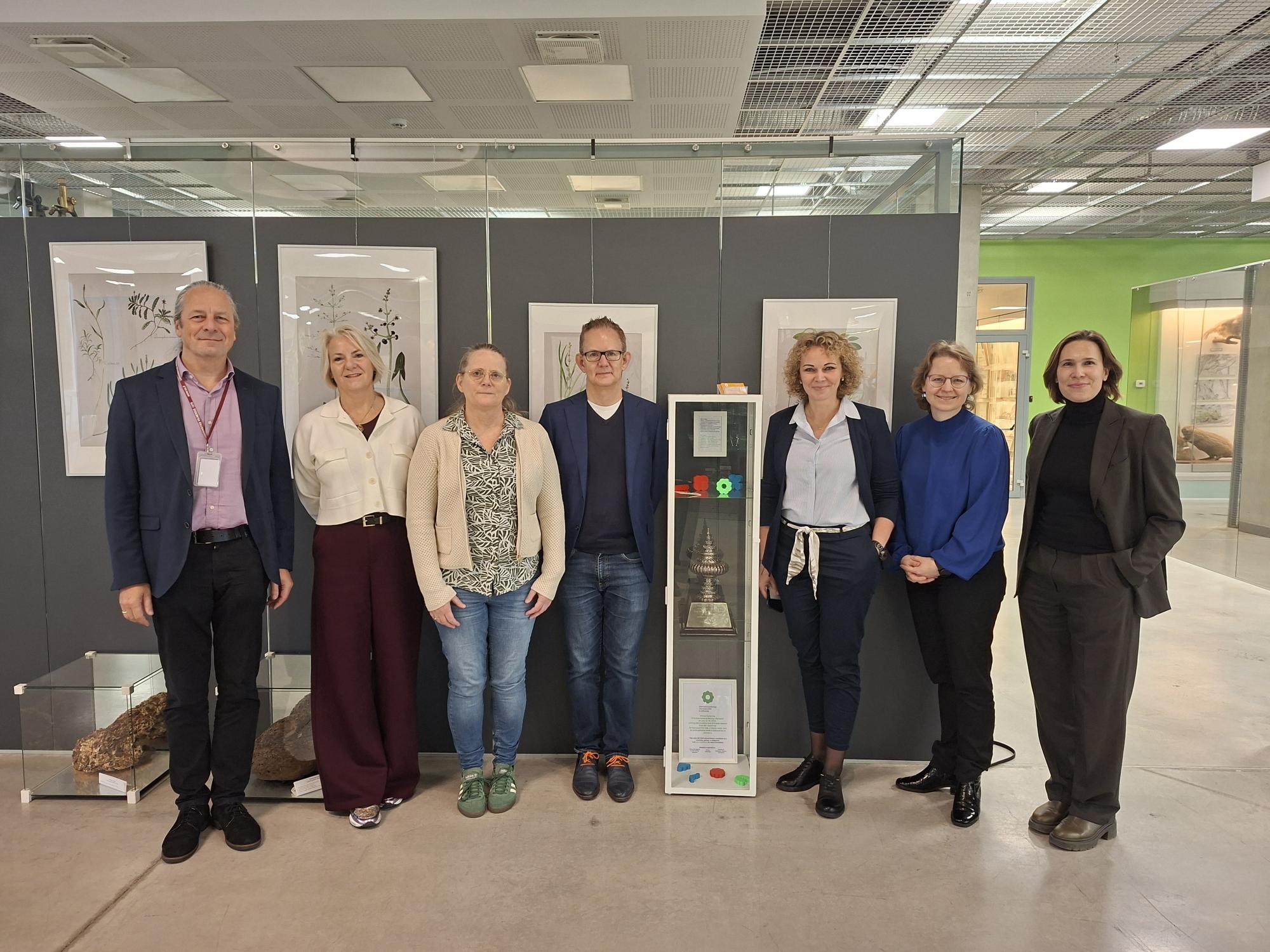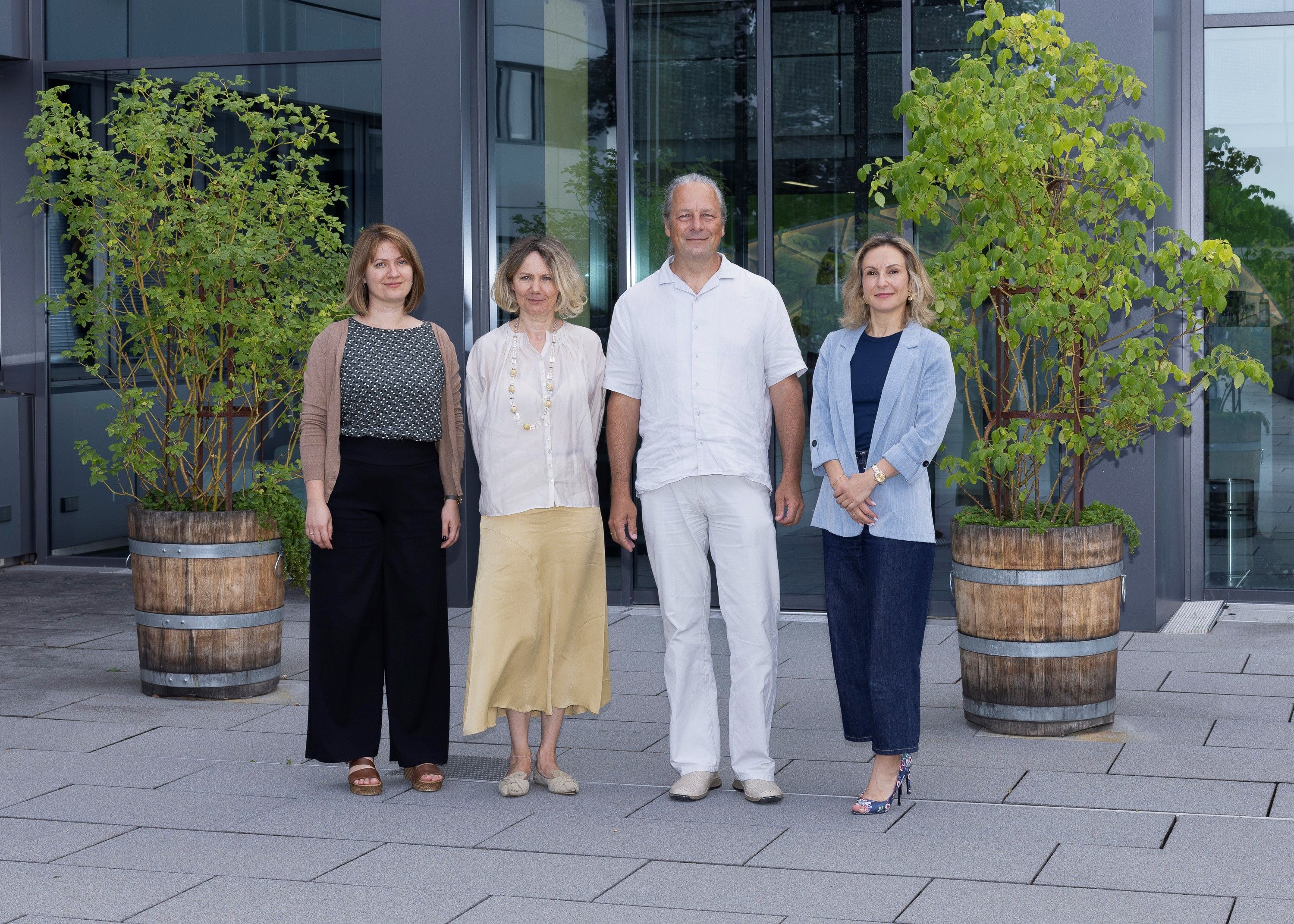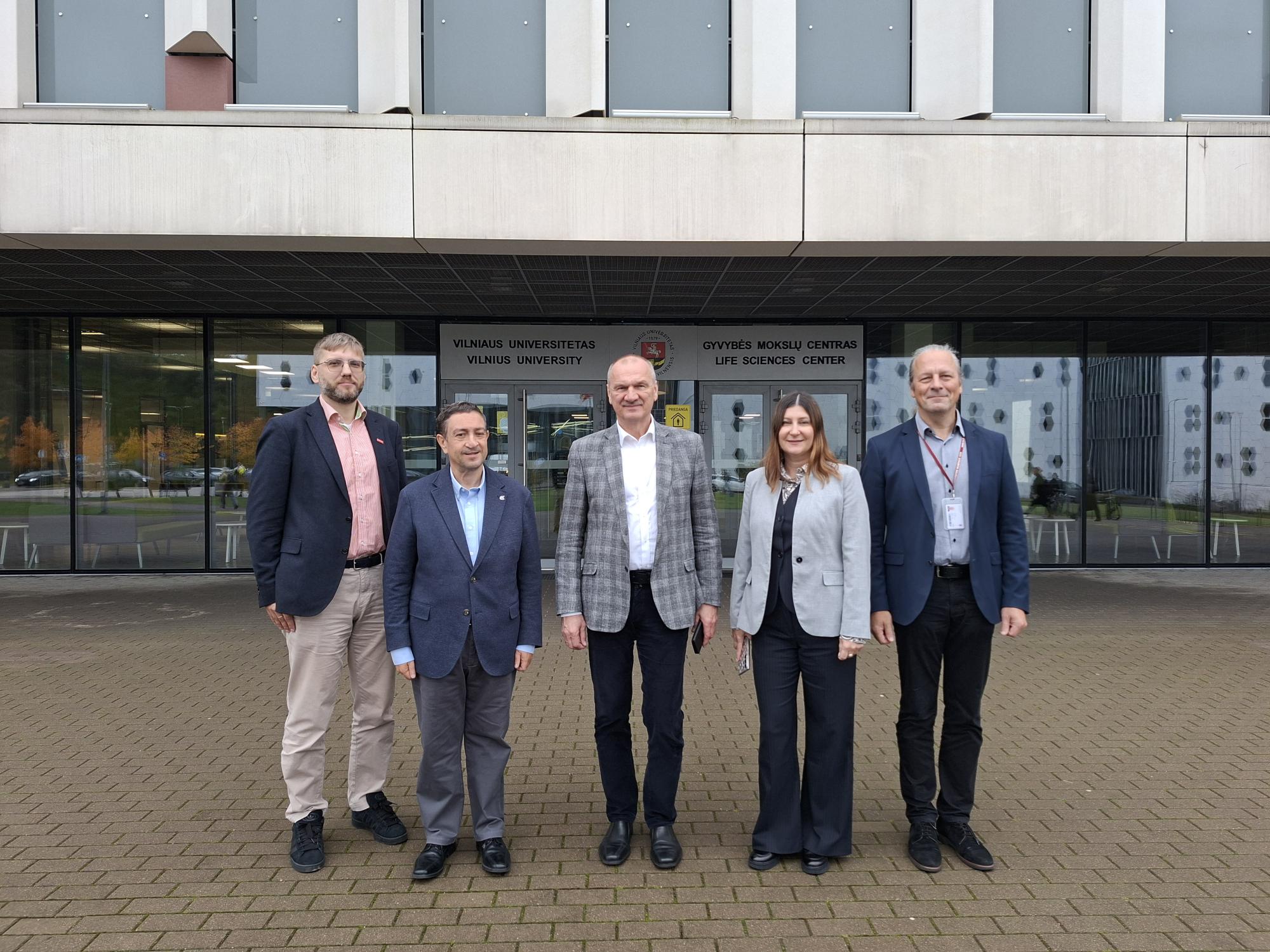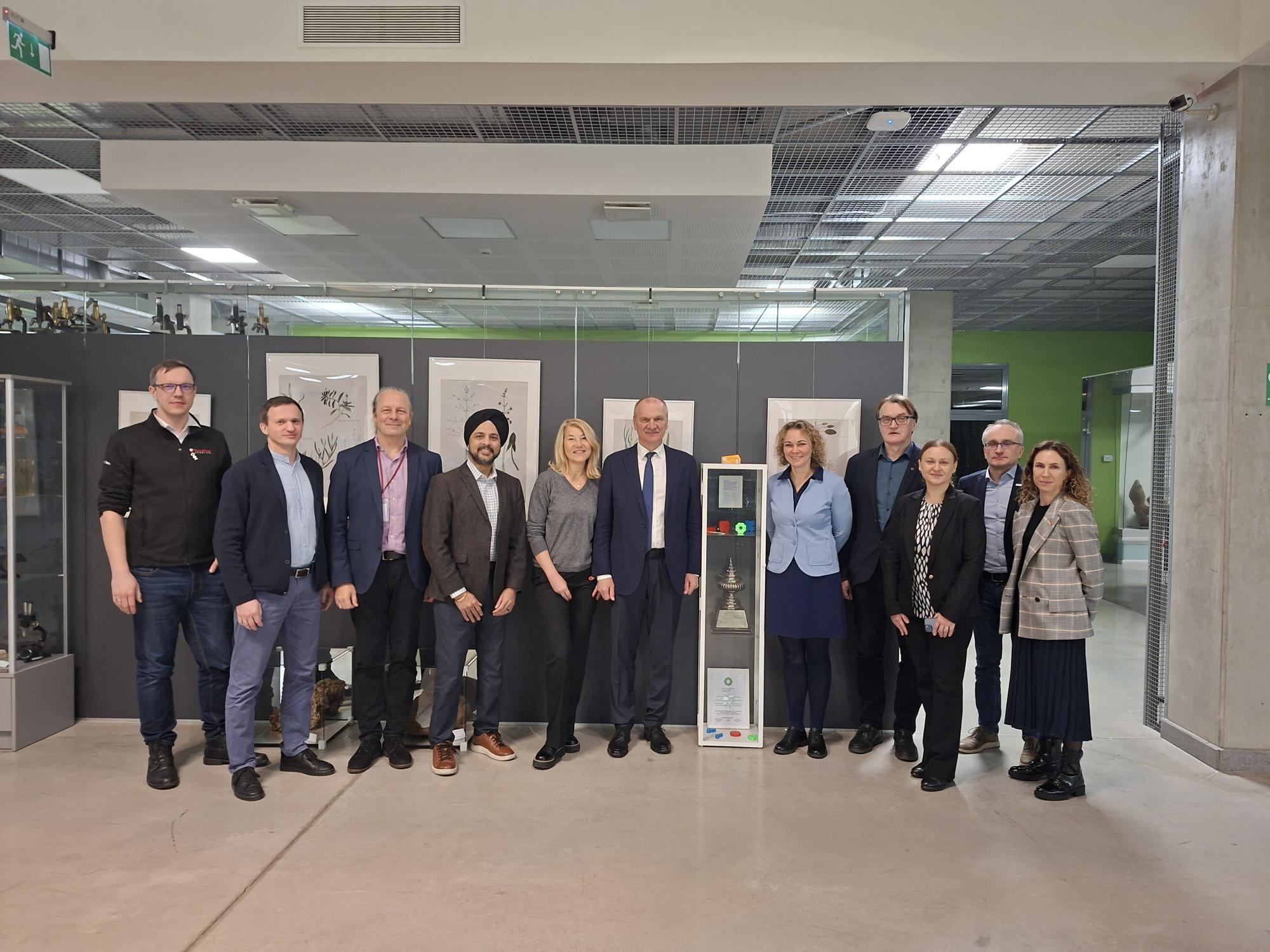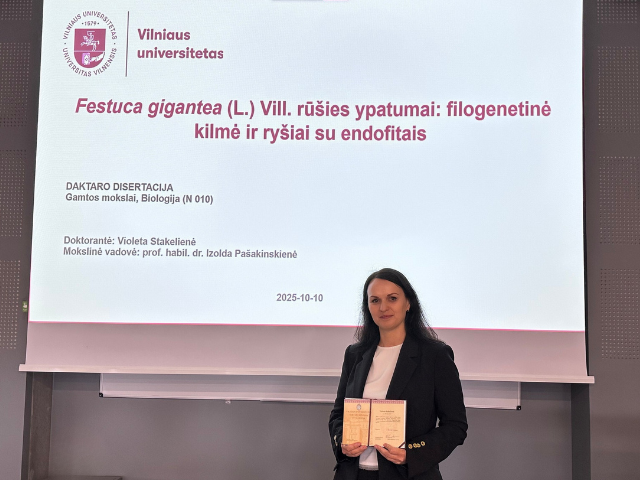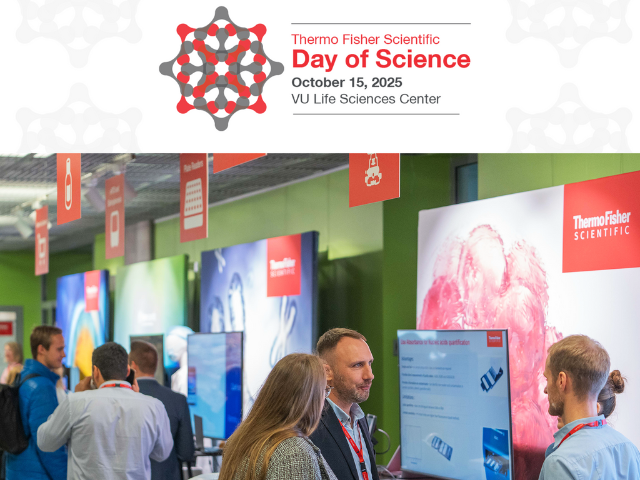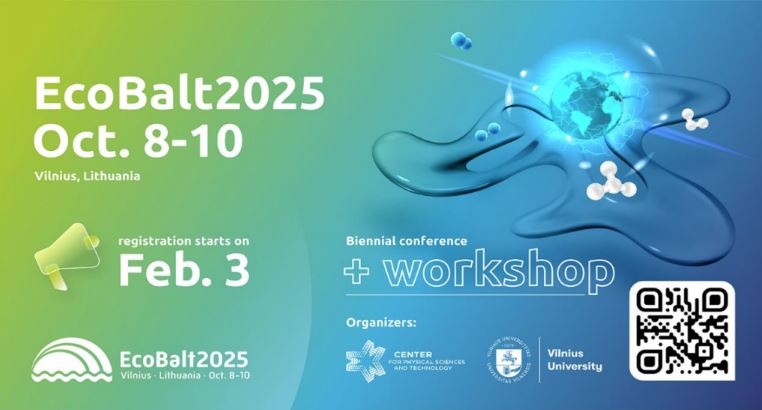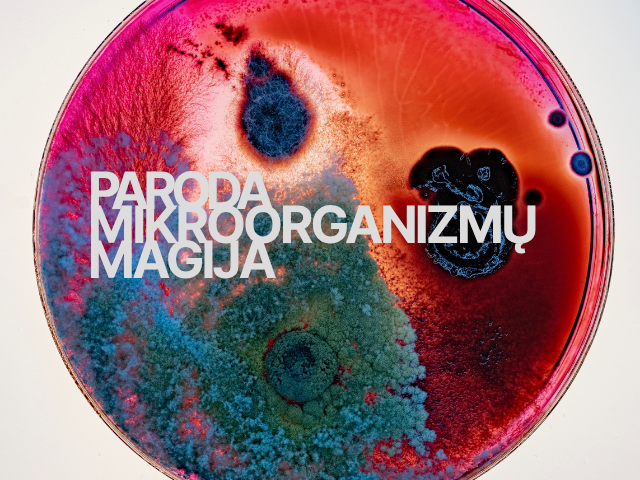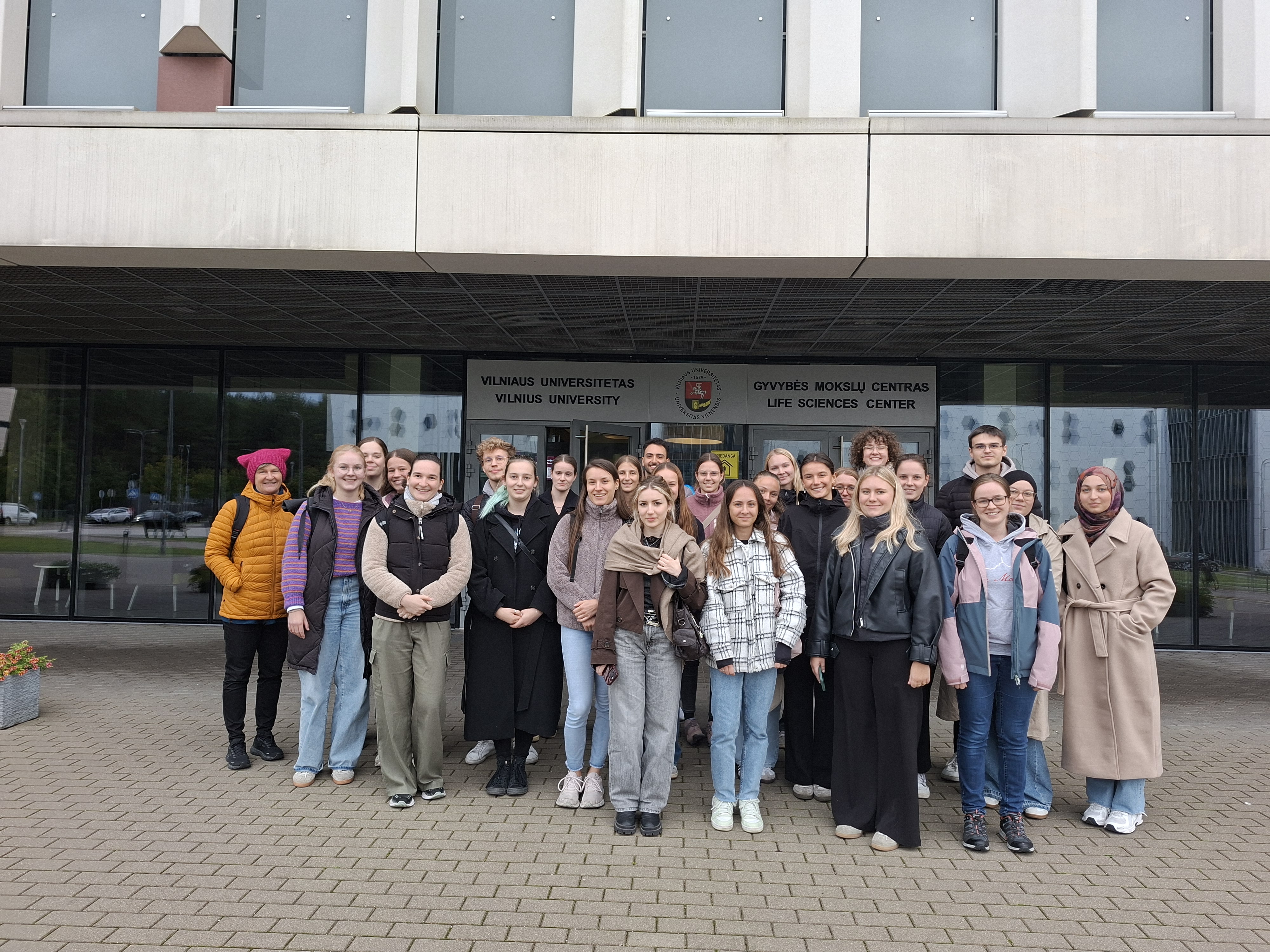Marijus Plečkaitis Defended His Dissertation
Marijus Plečkaitis has defended his thesis entitled "Nanomaterials for Bimodal Imaging" for the degree of Doctor of Science in Biophysics.
Collaboration for studies and research between Utrecht and Vilnius Universities
On October 23rd, a delegation from Utrecht University visited the Vilnius University Life Sciences Center (VU LSC) to explore opportunities for collaboration in research and studies.
Evaluation of the Biochemistry Study Programme at Vilnius University
VU LSC is creating an international-level Gene Technologies Center: new opportunities for business and researchers
At Vilnius University Life Sciences Center (VU LSC), a new Competence Center is being established – one of the most ambitious recent research infrastructure projects in Lithuania. Its goal is to create a Gene Technologies Center that will open new opportunities for both scientists and businesses.
Thermo Fisher Scientific Delegation Visits VU LSC to Strengthen Collaboration
On October 16, a delegation from Thermo Fisher Scientific visited the Vilnius University Life Sciences Center (VU LSC) to explore new opportunities for scientific collaboration.
Strengthening Taiwan–Lithuania Scientific Collaboration: Visit of Prof. Shun-Fen Tzeng
On October 14th, Prof. Shun-Fen Tzeng, Executive Director of the Science and Technology Division at the Taiwanese Representative Office in Lithuania and Distinguished Professor at the Department of Life Sciences, National Cheng Kung University, visited the Vilnius University Life Sciences Center (VU LSC).
Violeta Stakelienė Defended Her Dissertation
Violeta Stakelienė a defended her thesis entitled "Characteristics of Festuca Gigantea (L.) Vill.: Phylogenetic Origin and Relationships with Endophytes" for the degree of Doctor of Science in Biology.
“Thermo Fisher Scientific” Science Day event
On October 15, the Thermo Fisher Scientific Science Day will take place – an event by the world’s leading company providing products and services for science.
EcoBalt2025: the international environmental conference returns to Vilnius
The 24th biennial conference, EcoBalt2025, will be held in the vibrant capital of Lithuania, Vilnius, on 8-10 October 2025. Continuing a longstanding tradition, the conference will bring together scientific researchers, students, and industry leaders from across the Baltic States, neighbouring regions, and European countries to present and discuss pressing environmental issues.
Opening of the Exhibition “The Magic of Microorganisms”
On October 8 at 11 a.m., an exhibition titled “The Magic of Microorganisms” will open at Vilnius University’s Life Sciences Center (Saulėtekio Ave. 7, Vilnius), near auditorium R209.
VU LSC scientists will participate in the MIT technology conference
VU LSC researchers’ study – on the cover of the prestigious ACS Sensors
A study carried out by researchers at Vilnius University’s Life Sciences Center (LSC) has received international recognition – their publication appeared in the prestigious journal ACS Sensors, and an illustration created on the basis of the research was featured on the journal’s cover.
Student delegation from Germany visited VU Life Sciences Center
Student delegation from Germany visited VU Life Sciences Center


